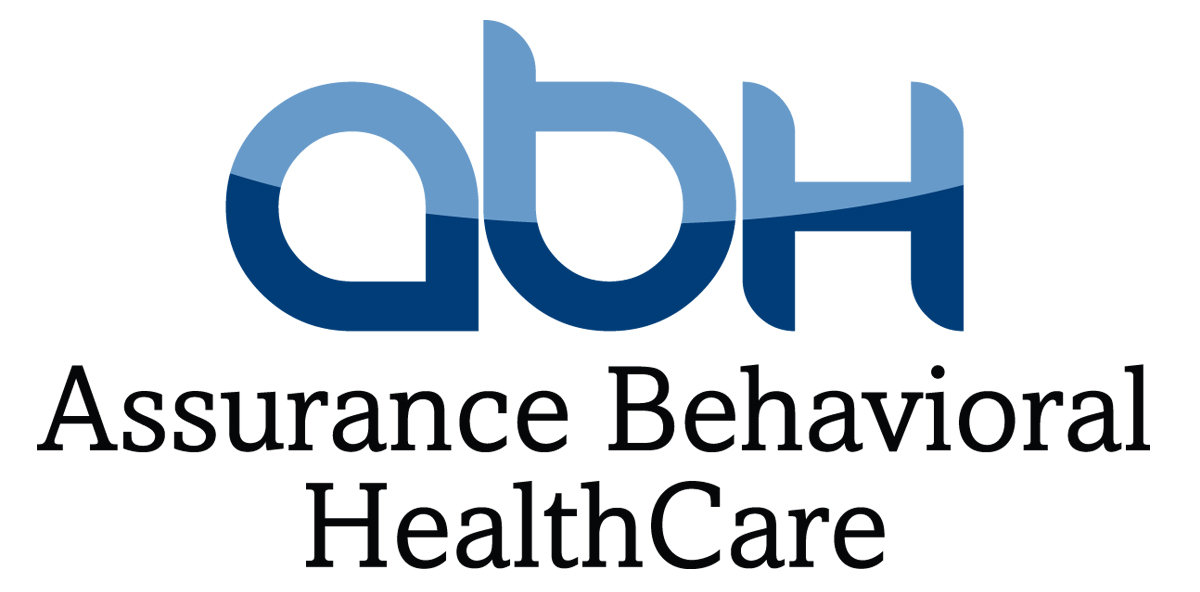The COVID-19 pandemic can add to the stress of co-parenting, it can also help parents overcome their issues and work together to safeguard the children they both love.
Special considerations for two-household families
Ideally, co-parents should have a plan in place to help them problem-solve in time of crisis. If they do not, they may have no idea how to talk calmly or make decisions together under stressful conditions. Many problem-solve the same way they did when they were together.
During the pandemic, physical distancing to slow the spread of COVID-19 may require divorced or separated parents to temporarily change the way they share their children’s time as they normally would.
Questions to Ask
Here are some questions that can help co-parents talk through the possible need to adjust their child’s visitation schedule:
- Is it truly in the child’s best interest to continue to follow the parenting plan that is in place, sending the child back and forth between homes?
- Is one parent better able to support home schooling than the other? For example, is internet service equally available at both homes?
- Does one parent have a job that involves more contact with the public and therefore more risk for household members?
- Who else lives in the home, and how much contact do they have with the public?
- Is a household member in a high-risk group: over the age of 60, suffering from underlying medical conditions, or immunocompromised?
- Does one home have more space or better access to safe outdoor spaces where children can play and get exercise while keeping the recommended physical distance?
Notice that these questions do not take previous parenting plans into consideration. Instead, they ask parents to honestly consider what changes must be made now to keep their children and others in the home safe.
This becomes especially difficult when parents worry about giving up any time with their child for fear it means their son or daughter may prefer the other parent, or that the other parent is manipulating the situation. Another sticky question can be whether more child support must be paid if the parenting plan changes. Also, many parents worry that if they allow the parenting plan to be adjusted, they will never get the time back.
How Co-Parents can Work Together:
- Keep communication open. Answer all forms of communication (phone calls, texts, emails, etc.) with your co-parent in a timely manner.
- Don’t keep score.
- Enter each conversation with finding a solution together as your goal.
- Stay socially connected while physical distanced. Schedule virtual visits between your co-parent and your child. Set a time and make the child available for video calls.
- Once this crisis is over, set aside extra time so that the non-custodial parent and child can become comfortable together again.
What is Important?
Everyone is having to adapt to some uncomfortable changes during this pandemic. It has disrupted childcare, school and work, shifting the patterns of our lives. Reassure your child that we will get through this, that some changes are only temporary, and most importantly, they are loved.
For more questions, please reach out to our team at Assurance Behavioral Healthcare.
Sources

